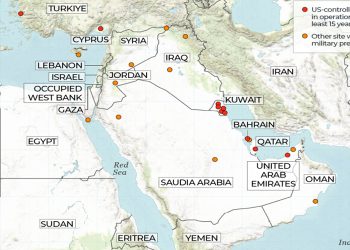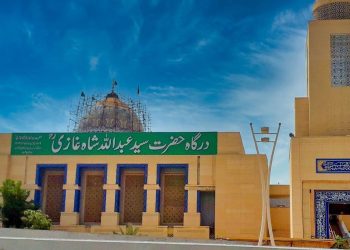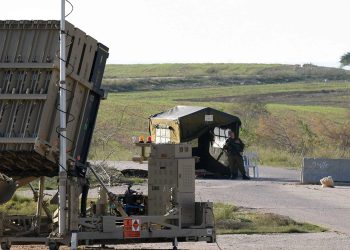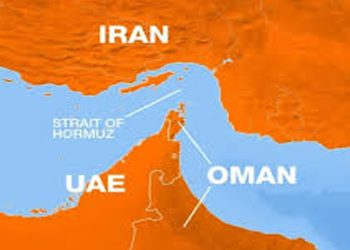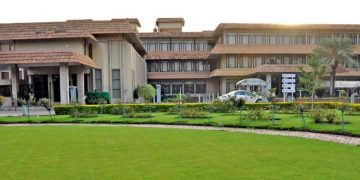Azad Kashmir has been engulfed in protests as residents demand significant economic reforms, including cheaper utilities and tax revisions. The demonstrations have escalated into violent clashes between protesters and law enforcement authorities, resulting in casualties and widespread disruption.
The unrest was triggered by a call from the People’s Action Committee for a shutter-down strike, prompting businesses to close and normal life to grind to a halt in Muzaffarabad, the capital of Azad Kashmir.
Protesters have demanded a wheat subsidy similar to that in Gilgit Baltistan and electricity tariffs based on the production cost from the Mangla Hydropower Project in AJK. They also seek the abolition of unnecessary perks for the ruling class, lifting restrictions on student unions, and the standardization of cellular and internet services.
The situation intensified when police, including Pakistani Rangers, fired tear gas, pellets, and bullets to disperse the demonstrators, resulting in casualties. Amid the chaos, the administration imposed Section 144 of the Criminal Procedure Code, prohibiting gatherings of more than five people in several districts for ten days.
The demands of the AJK Joint Action Committee encompass various sectors, including finance, governance, and environmental protection. Their list of grievances ranges from taxation issues to calls for increased accountability and environmental conservation measures.
In response to the escalating crisis, President Asif Ali Zardari has called a meeting to address the strikes and the resultant food shortages in the region. The Pakistani Peoples Party leadership in AJK is expected to provide insight into the protesters’ demands and potential courses of action.
As tensions persist and clashes continue, the region remains on edge, with road blockades, disrupted transportation services, and escalating confrontations posing significant challenges to both residents and authorities alike.








